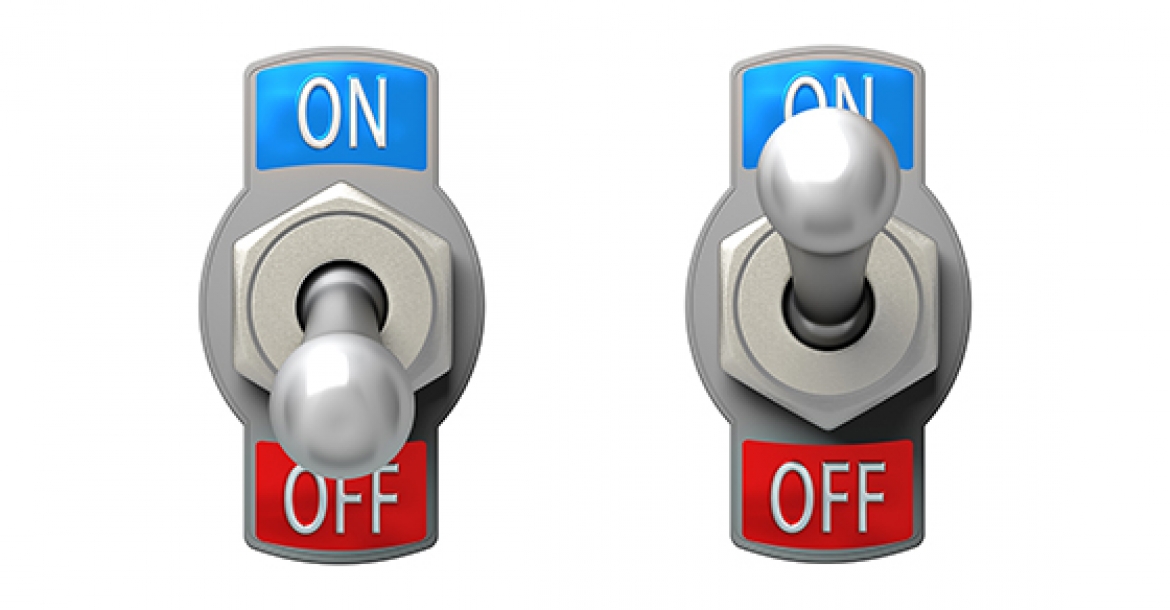The right estate planning strategy for you likely is the one that will produce the greatest tax savings for your family. Unfortunately, there can be tension between strategies that save estate tax and ones that save income tax. This is especially true now that the Tax Cuts and Jobs Act nearly doubled the gift and estate tax exemption — but only temporarily. Through 2025, income tax might be a greater concern, but, after that, estate taxes might be a bigger issue.
Fortunately, it’s possible to build an “on-off switch” into your estate plan.
Why the conflict?
Generally, the best way to minimize estate taxes is to remove assets from your estate as early as possible (through outright gifts or gifts in trust) so that all future appreciation in value escapes estate tax. But these lifetime gifts can increase income taxes for the recipients of appreciated assets. That’s because assets you transfer by gift retain your tax basis, potentially resulting in a significant capital gains tax bill should your beneficiaries sell them.
Assets held for life, on the other hand, receive a stepped-up basis equal to their fair market value on the date of death. This provides an income tax advantage: Your beneficiaries can turn around and sell the assets with little or no capital gains tax liability.
Until relatively recently, estate planning strategies focused on minimizing estate taxes, with little regard for income taxes. Why? Historically, the highest marginal estate tax rate was significantly higher than the highest marginal income tax rate, and the estate tax exemption amount was relatively small. So, in most cases, the potential estate tax savings far outweighed any potential income tax liability.
Today, the stakes have changed. The highest marginal estate and income tax rates aren’t too different (40% and 37%, respectively). And, the gift and estate tax exemption has climbed to $11.40 million for 2019, meaning fewer taxpayers need to be concerned about estate taxes, at least for now.
Flipping the switch
With a carefully designed trust, you can remove assets from your taxable estate while giving the trustee the ability to direct the assets back into your estate should that prove to be the better tax strategy in the future. There are different techniques for accomplishing this, but typically it involves establishing an irrevocable trust over which you retain no control (including the right to replace the trustee) and giving the trustee complete discretion over distributions. This removes the assets from your taxable estate.
If it becomes desirable to include the trust assets in your estate because income taxes are a bigger concern, the trustee can accomplish this by, for example, naming you as successor trustee or granting you a power of appointment over the trust assets.
Of course, irrevocable trusts also have their downsides. Contact us to discuss what estate planning strategies make the most sense for you.
© 2019

